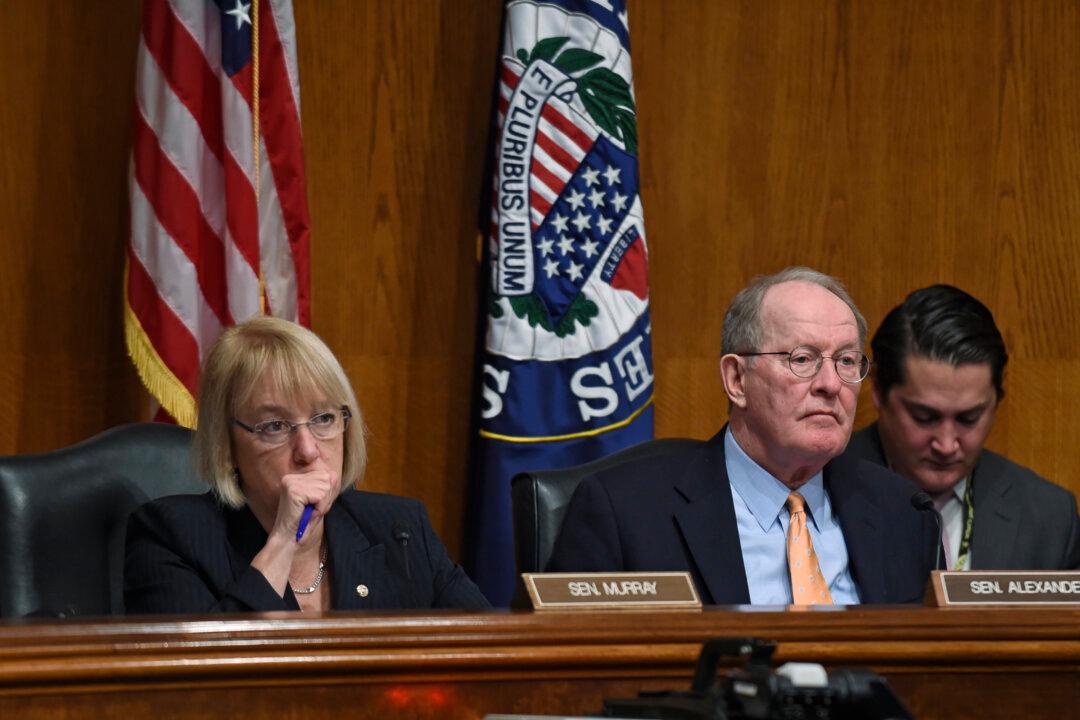House and Senate Health Committee Leaders announced that they would push forward bipartisan legislation that seeks to end surprise medical bills and lower prescription drug and other medical costs by requiring greater transparency from medical professionals.
“Surprise medical bills are the outrageous result of a broken system that takes advantage of vulnerable patients. Last summer, our two committees advanced bipartisan solutions to protect patients from these bills, and in December we announced a bipartisan, bicameral agreement to put an end to this egregious billing practice,” House Energy and Commerce Committee Chairman Frank Pallone, Jr. (D-N.J.), Ranking Member Greg Walden (R-Ore.), Senate Health Committee Chairman Lamar Alexander (R-Tenn.) and Ranking Member Patty Murray (D-Wash.) said in a statement Feb. 7.





